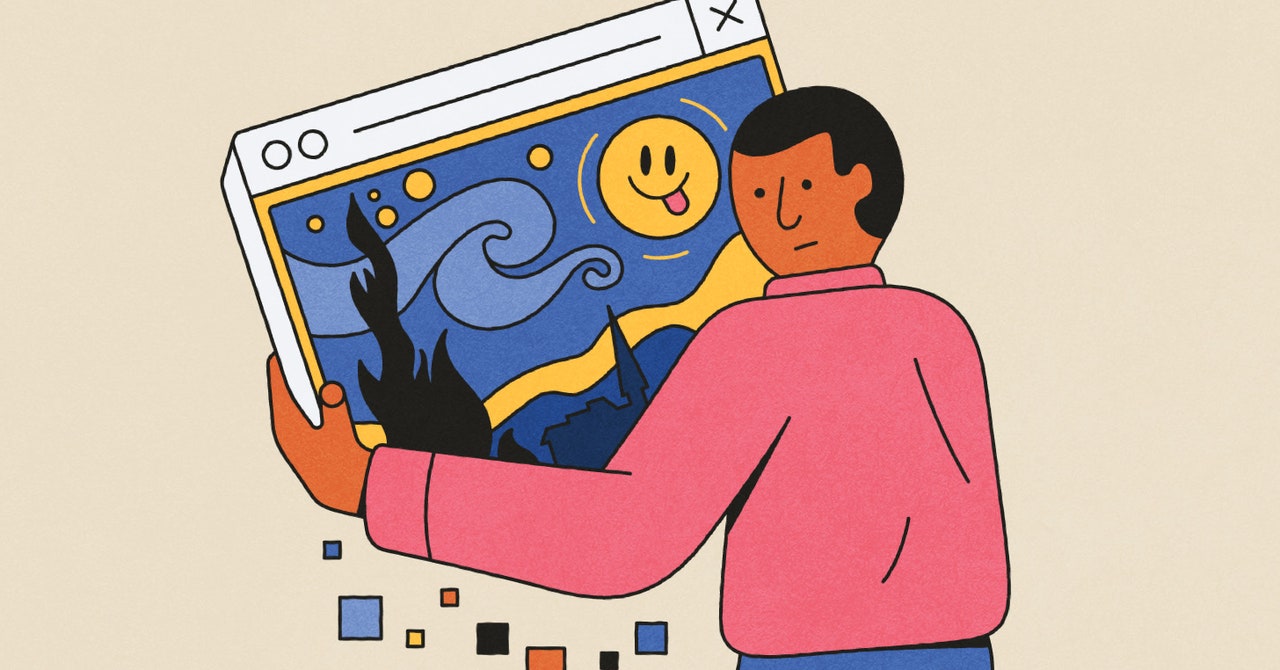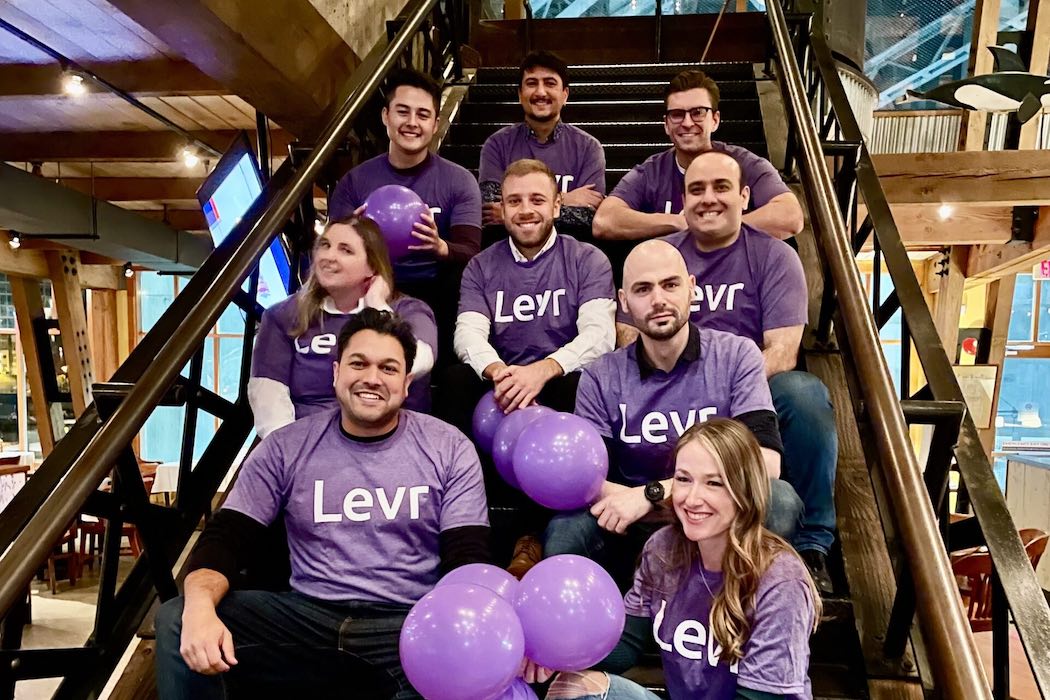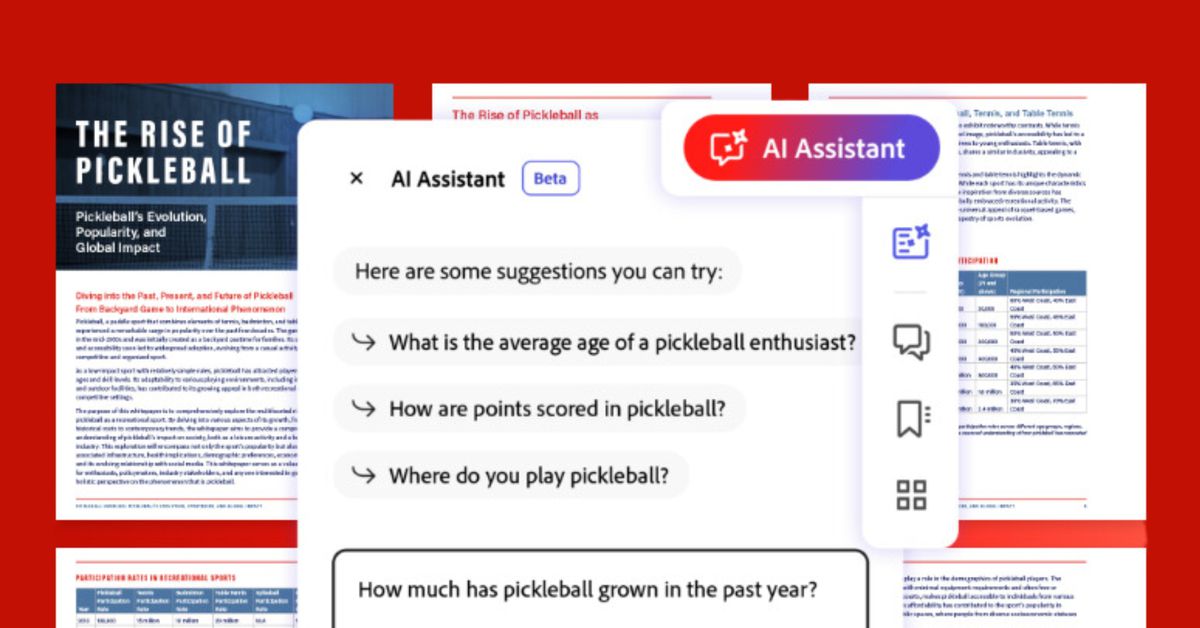“An individual I know, who practices art, presented me with an AI-generated artwork as a gift, endeavoring to enhance its personal touch by framing it elegantly. However, I am struggling with a sense of dissatisfaction. Is my reaction warranted?”
—No Returns
Dear No Returns,
The concept of feeling let down by a gift inherently carries a paradoxical nature. A gift, traditionally defined as something given without the expectation of payment or anything in return, exists outside the realm of transactions and obligations. However, the feeling of being shortchanged by a gift implies an underlying unspoken system of gift-giving, where rules are ambiguous and implied. While I do not possess an intricate understanding of the reciprocity dynamics within your friendship, I can speculate on why the AI-generated painting failed to meet your expectations. Firstly, the gift did not incur any cost to your friend, as it was likely created using freely available online models, requiring no financial investment. Secondly, the gift lacked a genuine demonstration of creative effort on your friend’s part, aside from conceptualizing the prompt. Despite being an artist with inherent creative abilities, your friend seemed to have omitted infusing the gift with a part of her artistic essence. Consequently, the artwork may have appeared generic and lacking the distinctive touch of your friend’s creativity, leading to your sense of disappointment.
Your inquiry brought to mind Lewis Hyde’s The Gift, a pivotal work exploring the intersection of art and market economies. While esteemed writers and artists commend the book for its metaphysical insights, Hyde himself presents it as a work of economic anthropology. Hyde delves into the concept of gift economies prevalent in societies like those of the South Sea islands or Indigenous Americans. Unlike modern markets driven by precise exchanges and remuneration, gift economies operate in a circular manner. The recipient of a gift is not expected to reciprocate directly but is anticipated to contribute to the community in some form—a notion akin to paying it forward. These communities thrive on a belief that whatever one gives will eventually return, albeit not necessarily in a predetermined manner or timeframe. Hyde articulates, “When the gift moves in a circle its motion is beyond the control of the personal ego,” emphasizing the communal nature of gift exchange and the element of social faith inherent in each donation.
Hyde’s underlying argument, relevant to your situation, underscores the symbiotic relationship between artists and gift economies. In such systems, artworks are not viewed as commodities with fixed monetary values but as manifestations of communal energy, fostering what Hyde terms “the commerce of the creative spirit.” The act of artistic creation inherently involves a dynamic of giving and receiving, as creativity draws inspiration from diverse external sources. Artists are often described as “gifted” individuals because their creative prowess is perceived as unearned and transcending personal boundaries. Hyde beautifully articulates, “We are lightened when our gifts rise from pools we cannot fathom,” highlighting the inexhaustible and communal nature of genuine creativity. True encounters with art defy conventional notions of fairness and economic value. When admiring a masterpiece like a Hokusai painting, considerations of the admission fee or its economic worth typically fade into insignificance. Instead, such encounters inspire the recipient to create, perpetuating the cycle of generative energy from one individual to another.
You mentioned the generic quality of the AI-generated art, despite your friend’s attempt to infuse personalization. It is intriguing to note that both exceptional and mediocre art share a common trait—impersonality. The profound awe evoked by masterpieces like Bach’s cello suites or Sappho’s poetry often stems from a sense that their brilliance transcends individual genius, drawing from a collective unconscious. This notion of artists as conduits for a larger cosmic energy underscores the transformative power of art. However, a distinction arises between art achieving sublime universality and products crafted to be benignly universal. AI-generated art, in its current developmental stage, leans towards the latter category. While drawing from enigmatic data pools akin to creative inspiration, AI art often reflects a calculated, committee-driven approach aimed at meeting market expectations. Unlike a genuine van Gogh masterpiece, AI art may resemble a standardized product, akin to a Starry Night jigsaw puzzle in digital form.
The evolution of technology may alter this landscape. A future where AI-generated art embodies divine gifts of immeasurable value and boundless creativity is conceivable. Yet, at present, AI art remains in a nascent phase, lacking a well-defined aesthetic canon and cultural context. Our perception of art is intricately linked to its surroundings and cultural significance, as highlighted by Walter Benjamin’s concept of the artwork’s “aura.” Without a definitive artistic legacy or aesthetic benchmarks, distinguishing true artistry from accidental output in generative AI remains challenging.
In light of these considerations, your sentiment of feeling “cheated” appears rational—not due to any owed debt from your friend, but because the gift, failing to evoke the transformative essence of genuine art, remains entrenched in the realm of commodities. It serves as a stark reminder of economic logic and fairness, eclipsing the transcendent qualities of art. While you cannot return the AI painting, authentic gifts, as Hyde asserts, are not repaid but replenished. If the AI artwork fails to inspire you, take a moment to revisit the art, music, literature, and films that resonate with your soul. These profound encounters, often available freely or at a nominal cost, have the potential to ignite your creativity or leave an indelible impact that transcends quantification.










